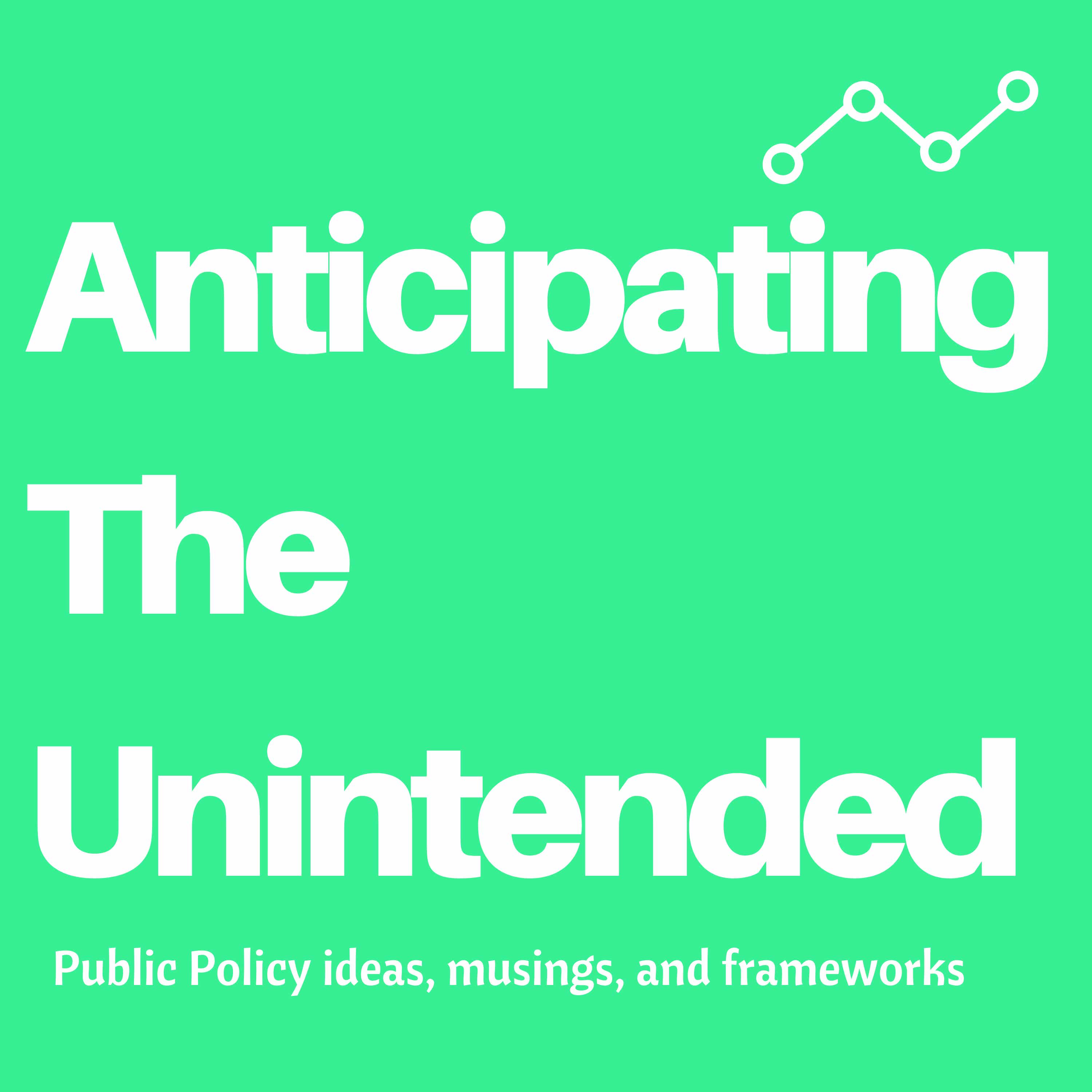#192 From Local to Global
Description
India Policy Watch: State Capacity, the Smart Parking Edition
Insights on domestic policy issues
— Pranay Kotasthane
Public policy is all around us; observing the same public space over time can reveal much about public policy, implementation, and state capacity. So, I’ll try something different today. I will narrate the story of a parking policy reform, which I’ve observed closely over the last couple of years. In it are lessons for government contracting, deployment of technology, and public choice. Drop a reply if this story resonates with you or if you have other such anecdata in mind.
The Pre-reform Situation
MG Road is a busy thoroughfare in Bengaluru’s Central Business District. Well-known shops, pubs, restaurants, and offices line the road. As you can imagine, many office-goers and business owners commute to MG Road and park their vehicles next to the curb. On weekdays, finding a vacant parking space after 9 am is a sure-shot sign of divine intervention.
Even though curbside parking is not chargeable nominally, scarcity causes Coasian transfers to originate. An informal cohort of unauthorised Parking Marshalls emerges. These marshalls help vehicle users negotiate parking in return for a fee. After multiple complaints about this “rent-seeking”, the city government puts up free parking boards and demarcates parking bays for two-wheelers and four-wheelers.
A reduction in the real price of parking leads to increased demand. Office-goers rush towards the city centre earlier than usual. The threshold beyond which parking became an ordeal moves up to 8.30 am, after which people have to park about half a kilometre away in a designated paid parking. And since the Traffic Police have no capacity to enforce parking rules except once in a moon, you would usually encounter double-parked vehicles on MG Road, usually cabs. Some shops even employ valets to double-park customers’ cars, which are slid into vacant parking slots as soon as they become available. The motorable road width decreases because of these double-parked vehicles. It is quite a chaos.
The Smart Parking Reform
The paid parking reform had been mooted on several occasions but wasn’t politically palatable. Finally, the city government bit the bullet after the first COVID-19 wave. BBMP —the city municipal corporation—realised that its tax revenue sources had thinned. And with an ongoing hoarding ban and a newly launched GST, revenue generation options had narrowed further. That’s when the Overton Window for paid parking opened up.
Given the lack of state capacity, BBMP doesn’t usually do parking enforcement itself. So it enters into a public-private partnership in which one company Central Parking Services (CPS), is granted a contract for parking on ten major roads in the city’s Central Business District for ten years. Reports suggest that BBMP expected Rs 31.56 crore annually through this arrangement.
To prevent corruption, BBMP employs technology. Curbside parking spots are clearly marked and numbered. Sensors are installed on each slot to identify the presence or absence of a vehicle. Customers can book a parking slot on arrival via an app and pay seamlessly through UPI/card/or wallet. Parking kiosks are also installed on footpaths for people who don’t have the phone app. To encourage digital payments, cash payments are made costlier by 16.6%, i.e., Rs 30 in cash grants parking permission for 50 minutes, while the same amount paid digitally allows you to book a parking slot for 60 minutes. For a detailed account, see this Deccan Herald report.
To help people transition, parking charges are waived for the first week of operations. Thereafter, cars have to pay Rs 30 per hour.
Now, guess what would have happened? Can you anticipate the unintended consequences?
Post-reform observations
Pricing a resource according to its scarcity leads to a more efficient resource allocation. We saw that scarcity principle play out here. Soon enough,
More Episodes
Prediction Time
—RSJ
In a year when countries as diverse as India, the United States, the United Kingdom, Russia, Taiwan, Pakistan and Palau go for their elections, it is tempting to go for an overarching theme for the year while looking ahead. Unfortunately, like these aforementioned elections...
Published 01/14/24
Published 01/14/24
Happy New Year
— RSJ
Happy 2024, dear readers!
We hope 2023 was good for all of you. If it wasn’t, we are glad that it’s behind you. We didn’t have too bad a 2023 ourselves. This newsletter went along swimmingly (or so we think) and we had our book ‘Missing in Action: Why You Should Care About...
Published 01/07/24


